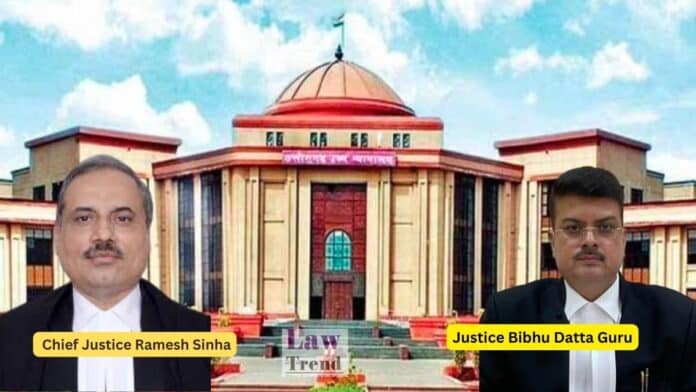The High Court of Chhattisgarh, in a significant ruling on state accountability, has held that the burden lies heavily on the State to explain the cause of death of a person in police custody through credible and independent evidence. The Court declared that a failure to do so, particularly when ante-mortem injuries are present, constitutes
To Read More Please Subscribe to VIP Membership for Unlimited Access to All the Articles, Download Available Copies of Judgments/Order, Acess to Central/State Bare Acts, Advertisement Free Content, Access to More than 4000 Legal Drafts( Readymade Editable Formats of Suits, Petitions, Writs, Legal Notices, Divorce Petitions, 138 Notices, Bail Applications etc.) in Hindi and English.




